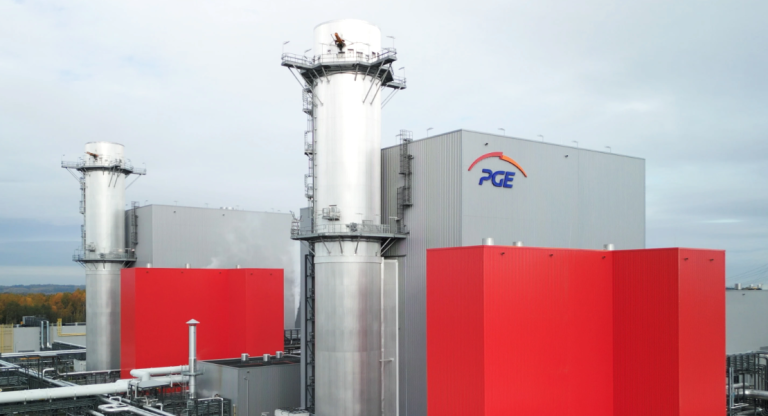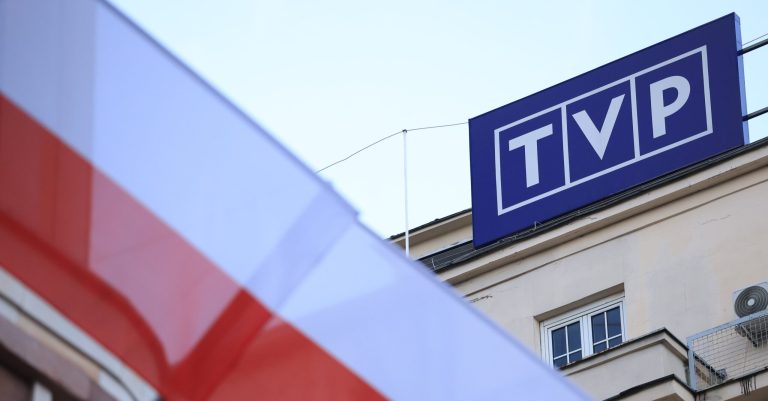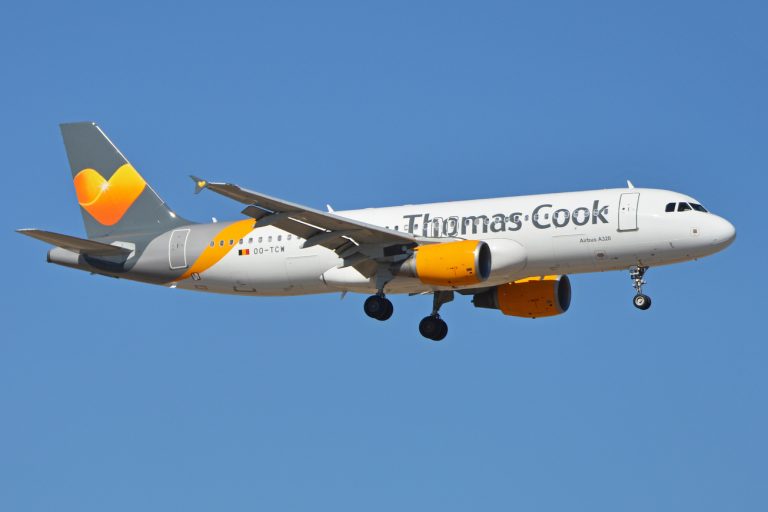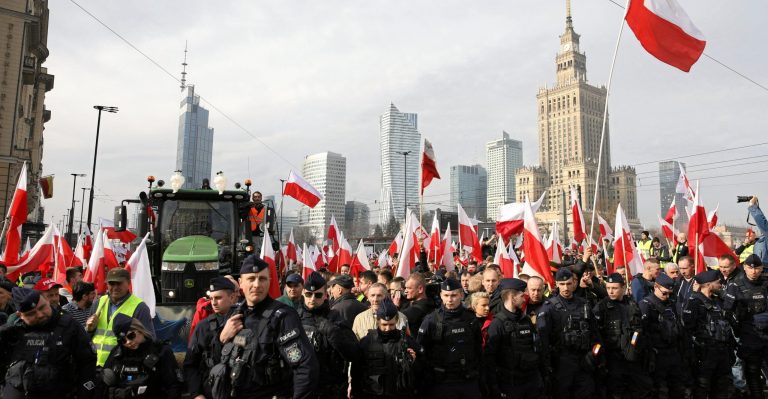Poland calls for transfer of frozen Russian assets to Ukraine
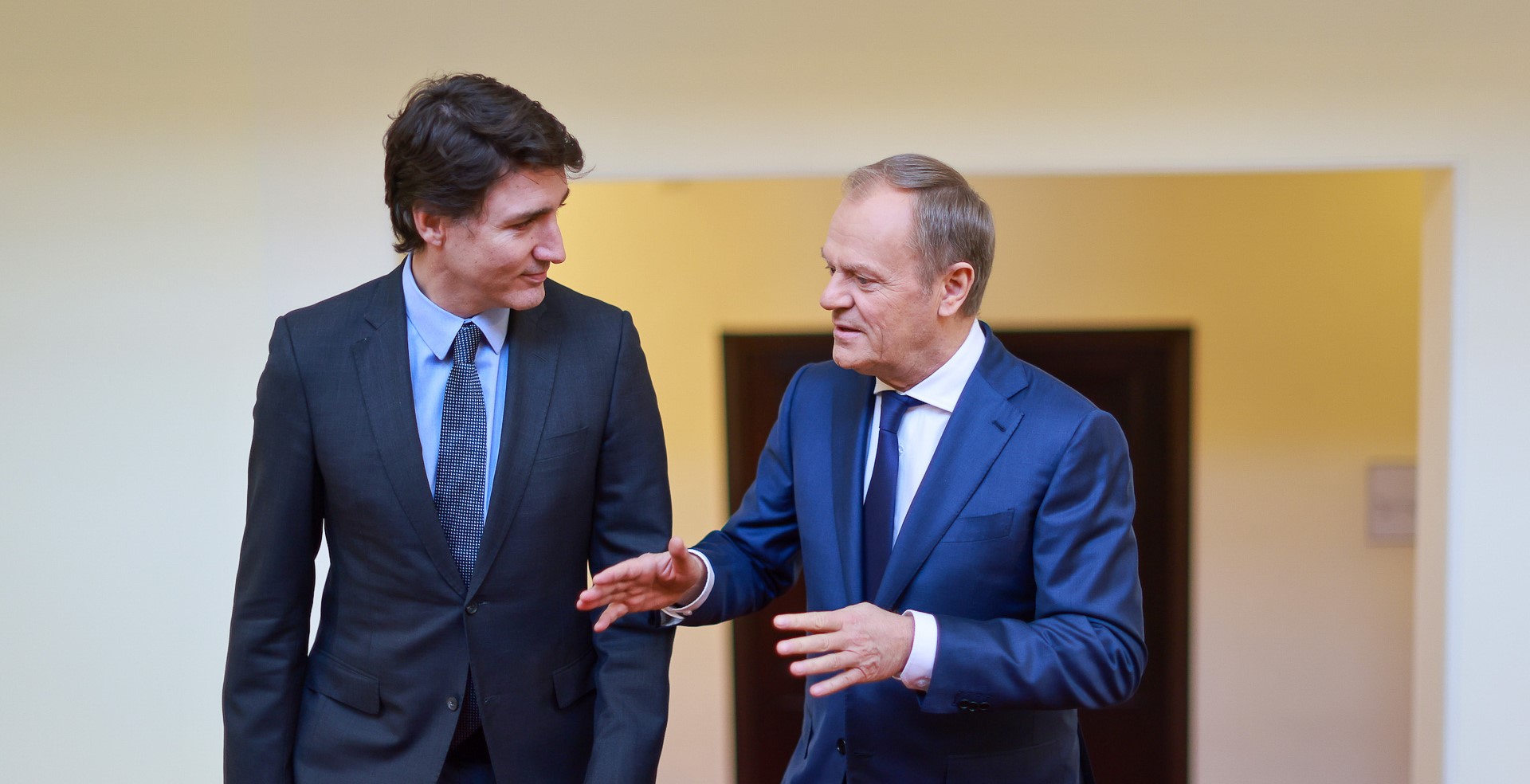
Polish Prime Minister Donald Tusk has called for the West to use $300 billion of frozen Russian assets to support Ukraine. During a meeting with his Canadian counterpart, Justin Trudeau, he also discussed facilitating the export of Ukrainian grain from Europe in response to protests by farmers.
Meanwhile, Tusk pledged to tell Viktor Orbán “to his face” at a regional summit tomorrow that Hungary must show support for Ukraine or risk “placing itself outside our EU and NATO communities”.
.@JustinTrudeau cieszę się, że mogę Cię gościć w Warszawie. Mamy wspólnie wiele rzeczy do zrobienia. pic.twitter.com/7CK4Uaom2z
— Donald Tusk (@donaldtusk) February 26, 2024
“Ukraine needs our help, all Western countries should act more decisively,” said Tusk, speaking alongside Trudeau, who also met with President Andrzej Duda during a visit to Warsaw today.
“We have several options to increase the pressure on Russia, [such as] frozen assets of the Russian central bank in Western banks,” Tusk continued. “We will work with Canada, our friends in Europe, the US and Japan to use these funds against Russian aggression; this is around $300 billion that should be used to defend Ukraine.”
The Polish prime minister’s remarks echo those he made earlier this month, when he called for the EU to introduce the “broadest possible sanctions” against Moscow, including an embargo on nuclear fuel and the transfer of frozen Russian assets to Ukraine.
Poland will “demand the broadest possible sanctions” against Russia – including an embargo on nuclear fuel and the transfer of frozen Russian assets to Ukraine – says @donaldtusk as the EU begins discussions over a new package of measures https://t.co/TUPnAKmlom
— Notes from Poland 🇵🇱 (@notesfrompoland) February 2, 2024
In his press conference with Trudeau, Tusk thanked the Canadian premier for showing “understanding [towards] the arguments of Polish farmers”, who earlier this month launched a 30-day strike that has seen them block roads within Poland as well as border crossings with Ukraine.
They argue that cheaper Ukrainian imports are lowering prices on the market and that EU climate policies threaten agriculture.
“Polish food producers are defending their interests,” said Tusk. “The whole of Europe is gripped by this anxiety today. We need to look for solutions. We discussed how Poland and Canada could radically increase the export of Ukrainian grain to countries in need.”
The farmers’ protests have raised tensions between Warsaw and Kyiv, with the Ukrainian government warning last week that it would take “retaliatory measures” if Poland does not resolve the border blockade.
Kyiv has called on Poland to find and punish those responsible for the sabotage of a train carrying Ukrainian grain, which resulted in 160 tonnes being dumped from the wagons.
It is the fourth such incident since the start of protests by Polish farmers https://t.co/t0BSeeWIne
— Notes from Poland 🇵🇱 (@notesfrompoland) February 26, 2024
Tusk noted that he and Trudeau also discussed the approach of Hungary towards Ukraine and Russia. Budapest has often been at odds with its NATO partners.
“There can be no room in NATO and the EU for any doubts when it comes to the Russian-Ukrainian war,” said Tusk today, quoted by broadcaster Polsat. “Tomorrow, at a meeting of the Visegrad Group, I will [Orbán] this straight to his face.”
“If someone is a member of NATO and the EU, by definition they must support Ukraine,” continued the Polish prime minister. “Anyone who doesn’t understand this is de facto putting themselves outside our communities. There can be no compromises here, no ambiguity. The Western world must show solidarity.”
The Visegrad Group, or V4, is a regional bloc made up of Poland, Hungary, the Czech Republic and Slovakia. However, cooperation within the forum has dried up in the wake of Russia’s invasion of Ukraine, with first Hungary and now the recently elected Slovakian government less supportive of Kyiv.
„One way or another, with or without Orbán, we will find some solution to support Ukraine,” says @donaldtusk.
He called Orbán „the only openly anti-Ukrainian” leader in the EU, whose „pro-Putin rhetoric” has left him on the „political and moral sidelines” https://t.co/U2TX9lPmQ9
— Notes from Poland 🇵🇱 (@notesfrompoland) January 30, 2024
Trudeau, meanwhile, said that he was “happy with the result of all these talks” he had held in Warsaw, which had re-emphasised that Poland and Canada “have the same opinions regarding Ukraine”.
“Together we support Ukraine on the path to defending its freedom, culture, language, democratic values and rule of law,” said Trudeau, quoted by Polsat. “We unwaveringly support all Ukrainians fighting for the freedom of us all.”
The Canadian premier also declared his country’s willingness to help Poland develop its planned nuclear energy sector. Cooperations from the two countries, as well as the US, signed an agreement last year to jointly develop small modular nuclear reactions.
A group of US, Canadian and Polish corporations have signed an agreement in Washington to invest $400 million in jointly developing small modular nuclear reactors, some of which will be built in Poland by state energy firm Orlen https://t.co/rx8Yc59vBV
— Notes from Poland 🇵🇱 (@notesfrompoland) March 24, 2023
Notes from Poland is run by a small editorial team and published by an independent, non-profit foundation that is funded through donations from our readers. We cannot do what we do without your support.
Main image credit: Kancelaria Premiera/Flickr (under CC BY-NC-ND 2.0)

Daniel Tilles is editor-in-chief of Notes from Poland. He has written on Polish affairs for a wide range of publications, including Foreign Policy, POLITICO Europe, EUobserver and Dziennik Gazeta Prawna.



